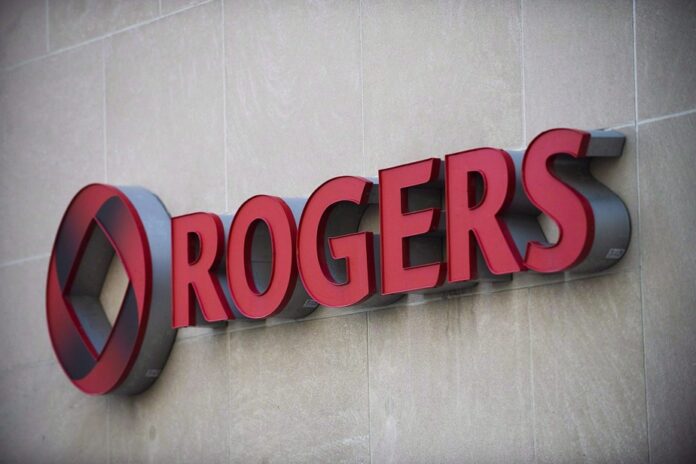(Montreal) Quebecor obtains the price it had proposed to access the Rogers network while the Canadian Radio-television and Telecommunications Commission (CRTC) ruled in its favour.
The two telecom companies had not been able to agree on the price at which Quebecor could lease access to the Rogers network in regions where it does not have its own network.
They requested the intervention of the CRTC to arbitrate their final offer. After a “comprehensive analysis”, the administrative tribunal leaned in favor of Quebecor, according to the decision unveiled in a press release Monday evening. Details of proposed pricing remain confidential.
In the decision, the CRTC explained that Quebecor’s proposed rate would allow it to compete “more meaningfully.” The CRTC also believes that these conditions would “not impact Rogers’ ability or incentive to invest in its wireless network.”
“The decision is another step forward in increasing choice in cellular services while ensuring investment in high-quality networks,” commented CRTC President and CEO Vicky Eatrides.
This is a change of direction for the CRTC, believes analyst Maher Yaghi of Scotiabank. The expert points to a passage in the decision where the CRTC states that in setting its rates, it could “require an otherwise profitable business to incur a modest or temporary loss in one line of business while other lines of business remain profitable.”
Investors should pay particular attention to this passage “which was not written lightly”, believes the analyst. “That’s a significant departure from the norm,” he adds. This is important because the CRTC is reviewing access to the high-speed Internet network and could intervene in fiber optics to the home. »
The new regulatory framework established by the CRTC forces the major telecommunications companies (Bell, Rogers and Telus) to lease access to their network provided that the renting company has its own network. The goal is to foster greater competition in Canada.
If Quebecor and Rogers have requested arbitration, the window for the period of negotiations between the other players in the industry has not yet closed. They have until August 7 to reach an agreement, or the court will “consider using all tools at its disposal to ensure compliance with its framework,” according to the order released in May.
Quebecor, which has an expansion strategy outside Quebec, is participating in the process, as is Quebec cable company Cogeco Communications, which plans to launch a wireless network. Both companies have repeatedly stressed in the past that access to the network of large corporations was a key requirement for their respective expansion plans.
This is good news for Quebecor, said analyst Jérôme Dubreuil of Desjardins Capital Markets. “However, setting up a network outside Quebec will not be an easy task,” he warns. Large telecommunications companies have a lower cost base and the market could become more competitive. »
Quebecor completed the purchase of Freedom Mobile, as part of Shaw’s sale to Rogers, in early April for $2.85 billion. In addition to access to the network of major telecommunications companies, Videotron’s parent company will also have to make significant investments in Freedom’s network over the next seven years to expand its coverage.
For Quebecor, the CRTC decision encourages competition. “These rates confirmed by the CRTC will allow Quebecor and its subsidiaries to continue to offer even more affordable, even more accessible and among the most competitive wireless plans, as well as to extend Quebecor’s offer throughout Canada, for the benefit of consumers, “the company responded in an email. Rogers has yet to comment on the CRTC’s decision.
Quebecor shares were trading around noon on Tuesday, up 9 cents, or 0.27%, at $32.91 on the Toronto Stock Exchange.















